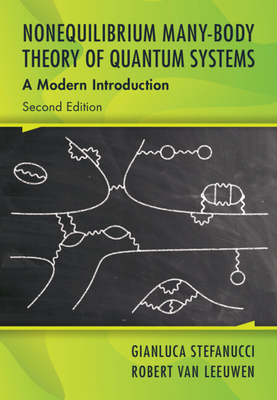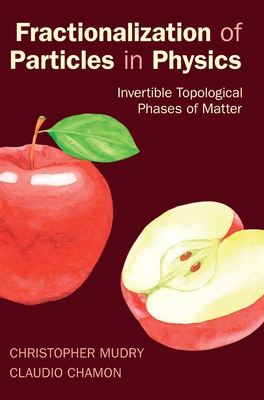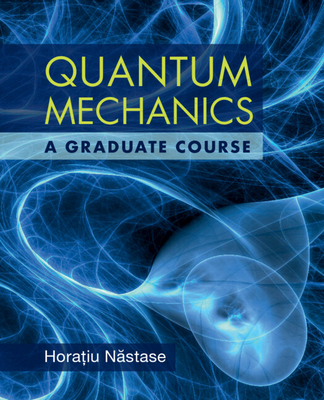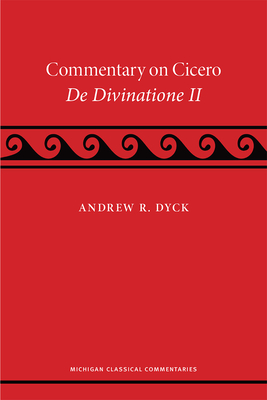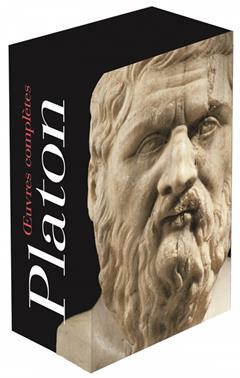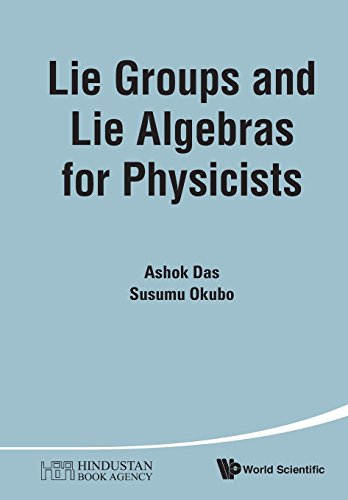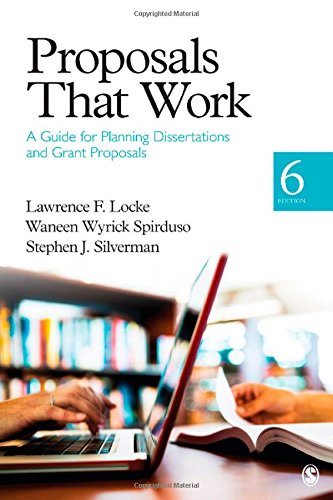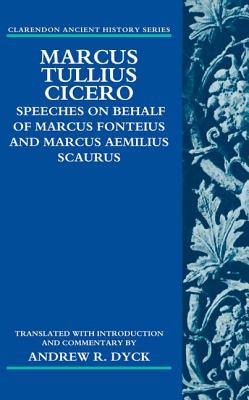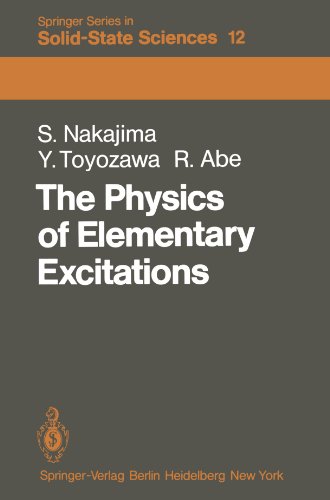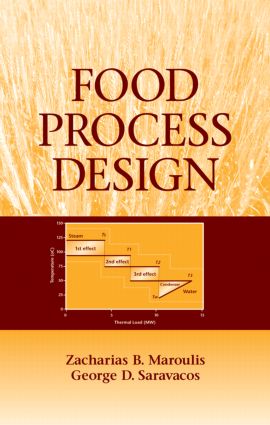图书简介
Research in mathematics teacher education as a distinctive field of inquiry has grown substantially over the past 10-15 years. Within this field there is emerging interest in how mathematics teacher educators (MTEs) themselves learn and develop. Until recently there were few published studies on this topic, and the processes by which mathematics teacher educators learn, and the forms of knowledge they require for effective practice, had not been systematically investigated. However, researchers in mathematics education are now beginning to investigate the development of MTE expertise and associated issues. This volume draws on the latest research and thinking in this area is therefore timely to stimulate future development and directions. It will survey the emerging field of inquiry in mathematics education, combining the work of established scholars with perspectives of newcomers to the field, with the aim of influencing development of the field, invite cross-cultural comparisons in becoming a mathematics teacher educator by highlighting issues in the development of MTEs in different countries, and examine the roles of both mathematics educators and mathematicians in preparing future teachers of mathematics. The primary audience will be university-based mathematics teacher educators and MTE researchers, and postgraduate research students who are seeking academic careers as MTEs. Additional interest may come from teacher educators in disciplines other than mathematics, and education policy makers responsible for accreditation and quality control of initial teacher education programs.
Chapter 1. Introduction: The learning and development of mathematics teacher educators.- Part 1: The nature of mathematics teacher educator expertise.- Chapter 2. What do mathematics teacher educators need to know? Reflections emerging from the content of mathematics teacher education.- Chapter 3. Applying the knowledge quartet to mathematics teacher educators: A case study undertaken in a co-teaching context.- Chapter 4. The research mathematicians in the classroom: How their practice has potential to foster student horizon.- Chapter 5. Pedagogical tasks towards extending mathematical knowledge: Notes on the work of teacher educators.- chapter 6. Characterisation of mathematics teacher educators’ knowledge in terms of teachers’ professional potential and challenging content for mathematics teachers.- Chapter 7. Learning to Teach Mathematics: How secondary prospective teachers describe the different beliefs and practices of their mathematics teacher educators.- Part 2. Learning and developing as a mathematics teacher educator.- Chapter 8. Supporting mathematics teacher educators’ growth and development through communities of practice.- Chapter 9. Artifact-enhanced collegial inquiry: Making mathematics teacher educator practice visible.- Chapter 10. Working with awareness as mathematics teacher educators: Experiences to issues to actions.- Chapter 11. Mapping the territory: Using second-person interviewing techniques to narratively explore the lived experience of becoming a mathematics teacher educator.- Chapter 12. From researcher in pure mathematics to primary school mathematics teacher educator.- Chapter 13. Shaping our collective identity as mathematics teacher educators.- Chapter 14. The influence of and interactions between different contexts in the learning and development of mathematics teacher educators.- Chapter 15. Mathematics teacher educators’ learning in supporting teachers to link mathematics and workplace situations in classroom teaching.- Chapter 16. Mathematics teacher educators learn from dilemmas and tensions in teaching about/through culturally relevant pedagogy.- Chapter 17. Supporting mathematics teacher educators in China: Challenges and opportunities.- Part 3. Methodological challenges in researching mathematics teacher educator expertise, learning and development.- Chapter 18. What influences mathematics teacher educators’ decisions in course design? Activity theory and professional capital as an investigative approach.- Chapter 19. Researching modelling by mathematics teacher educators: Shifting the focus onto teaching practices.- Chapter 20. Mathematics teacher educators within the new technological environments: Changing the perspective.- Part 4. Commentaries.- Chapter 21. Mathematics teacher educator knowledge for teaching teachers.- Chapter 22. Who are we as MTEs – How do we learn and develop?.
Trade Policy 买家须知
- 关于产品:
- ● 正版保障:本网站隶属于中国国际图书贸易集团公司,确保所有图书都是100%正版。
- ● 环保纸张:进口图书大多使用的都是环保轻型张,颜色偏黄,重量比较轻。
- ● 毛边版:即书翻页的地方,故意做成了参差不齐的样子,一般为精装版,更具收藏价值。
关于退换货:- 由于预订产品的特殊性,采购订单正式发订后,买方不得无故取消全部或部分产品的订购。
- 由于进口图书的特殊性,发生以下情况的,请直接拒收货物,由快递返回:
- ● 外包装破损/发错货/少发货/图书外观破损/图书配件不全(例如:光盘等)
并请在工作日通过电话400-008-1110联系我们。
- 签收后,如发生以下情况,请在签收后的5个工作日内联系客服办理退换货:
- ● 缺页/错页/错印/脱线
关于发货时间:- 一般情况下:
- ●【现货】 下单后48小时内由北京(库房)发出快递。
- ●【预订】【预售】下单后国外发货,到货时间预计5-8周左右,店铺默认中通快递,如需顺丰快递邮费到付。
- ● 需要开具发票的客户,发货时间可能在上述基础上再延后1-2个工作日(紧急发票需求,请联系010-68433105/3213);
- ● 如遇其他特殊原因,对发货时间有影响的,我们会第一时间在网站公告,敬请留意。
关于到货时间:- 由于进口图书入境入库后,都是委托第三方快递发货,所以我们只能保证在规定时间内发出,但无法为您保证确切的到货时间。
- ● 主要城市一般2-4天
- ● 偏远地区一般4-7天
关于接听咨询电话的时间:- 010-68433105/3213正常接听咨询电话的时间为:周一至周五上午8:30~下午5:00,周六、日及法定节假日休息,将无法接听来电,敬请谅解。
- 其它时间您也可以通过邮件联系我们:customer@readgo.cn,工作日会优先处理。
关于快递:- ● 已付款订单:主要由中通、宅急送负责派送,订单进度查询请拨打010-68433105/3213。
本书暂无推荐
本书暂无推荐

